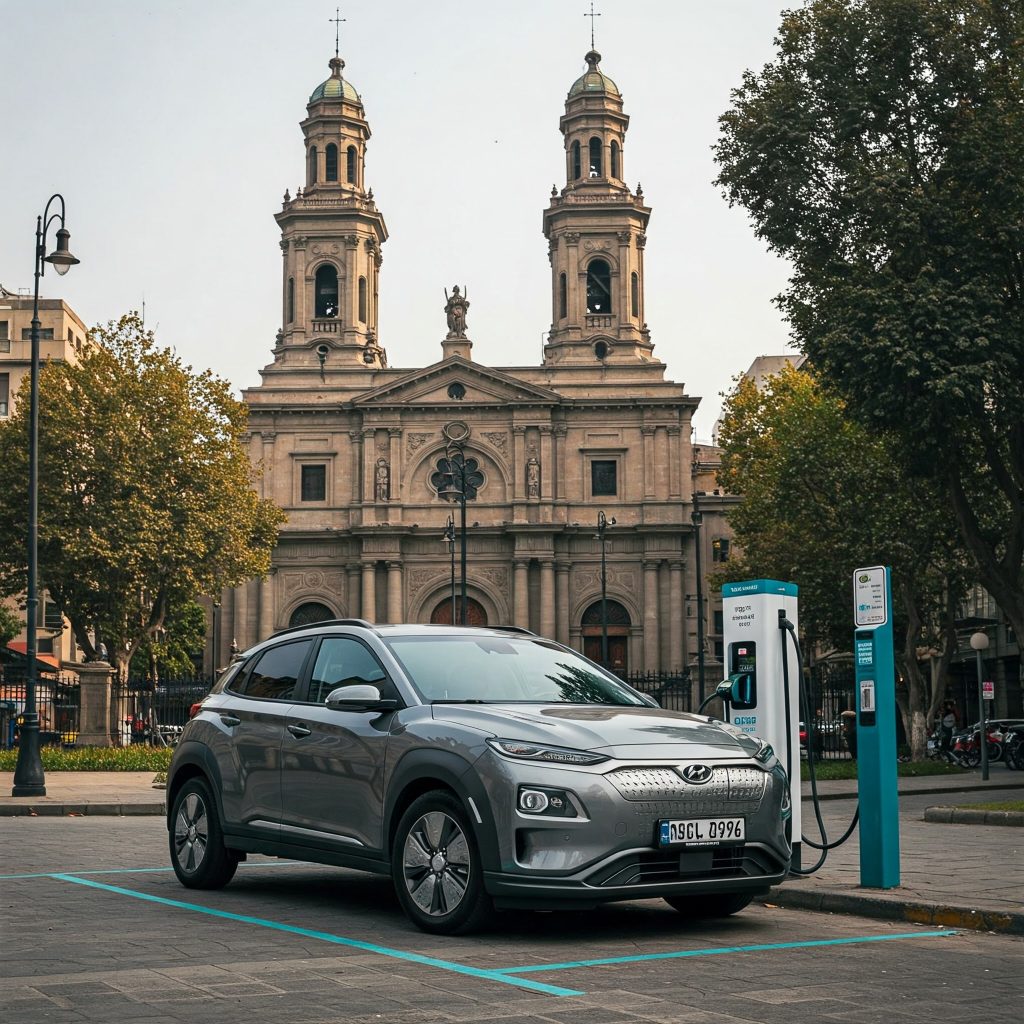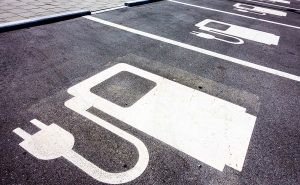
Chile accelerates electric mobility with record growth in charging infrastructure and EV sales

Chile is making major strides in electric mobility, recording unprecedented growth in charging infrastructure and electrified vehicle sales during the first two months of 2025.
According to the latest report by the National Automotive Association of Chile (ANAC), using data from the Superintendency of Electricity and Fuels (SEC), 110 new public charging points were added—a 292.9% increase compared to the same period in 2024.
This brings the total number of public charging stations in the country to 1,668, with key expansions in cities like Rancagua and Curicó.
Fast chargers of 50 kW capacity were also installed in northern cities such as Arica, Iquique and Mejillones, significantly improving regional coverage.
You may also read: Ezvolt, Huawei and WEG analyze opportunities and challenges on heavy-duty electromobility in Brazil
Private charging and e-terminals also gain traction
Private infrastructure grew at an even faster rate. Between January and February, 227 new charging installations were registered, up 155% from the same period last year.
Of these, 35 were public, totaling 75 chargers and 11 MW of installed power—a 1109% increase.
In the private sector, installations rose from 78 to 186 (+138%), with 287 chargers and 12 MW of capacity. Five new electroterminals were also opened, adding 21 chargers and 3 MW of installed power.
EV sales triple compared to 2024
The ANAC report reveals that 3,761 light and medium electrified vehicles were registered in January and February 2025, reflecting a 196.8% year-over-year growth.
While the overall automotive market declined by 1.4%, plug-in vehicles surged by 290.4%, driven by 742 fully electric units (BEVs) and 234 plug-in hybrids (PHEVs).
Non-plug-in electrified vehicles (MHEVs, HEVs, EREVs) grew by 173.8%, totaling 2,785 units, with micro-hybrids reaching 1,610 units—an impressive 329.3% increase.

Top-selling EV brands and models
Among 100% electric vehicles, the Tesla Model 3 led with 116 units, followed by the Volvo EX30 (96), Tesla Model Y (80), Renault Kwid E-Tech (61) and BYD Dolphin Mini EV (57).
In the PHEV segment, the Volvo XC60 II topped sales with 54 units, followed by the BYD Song Plus 1.5T (36) and the DFSK 600 (32). Mitsubishi, Mazda, and BMW also made the top 10.
For non-plug-in hybrids, Toyota took the lead with the RAV4 (266), Corolla Cross (259), and Yaris Cross (206). In the micro-hybrid category, Suzuki dominated with the Fronx (458) and the Swift (355).
Sustainable mobility gains market share
As of February 2025, 8.7% of light and medium vehicle sales in Chile were electrified units, compared to just 1.2% in 2018.
Non-plug-in vehicles make up 74% of this share, with plug-ins accounting for 26%.
Overall, gasoline vehicles now represent 65% of the market and diesel 26.3%, signaling steady progress in the transition toward electrification.
Latam Mobility & Net Zero Conosur 2025 in Santiago

These and other key topics around sustainable mobility will be addressed at Latam Mobility & Net Zero Conosur, taking place in Santiago, Chile, from August 26 to 27, 2025.
The event will bring together leading companies and decision-makers from the energy, transportation, fuels, and mobility sectors to showcase progress and explore future perspectives for the industry in Chile and Latin America.
For more information on how to participate and explore positioning opportunities, contact us at: info@investinlatam.org.





